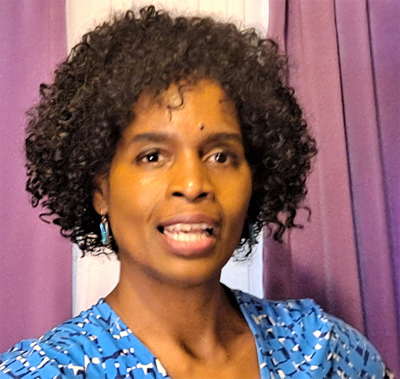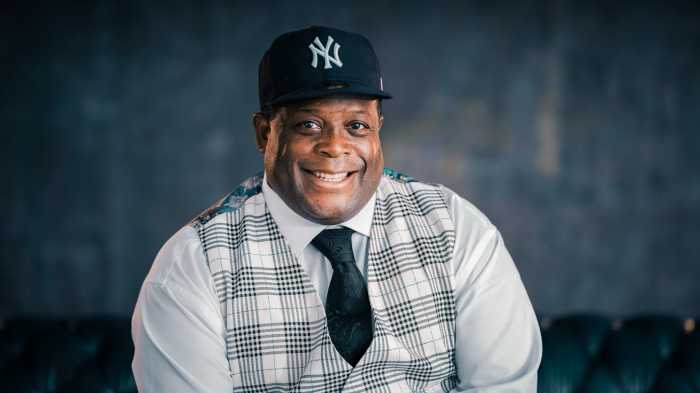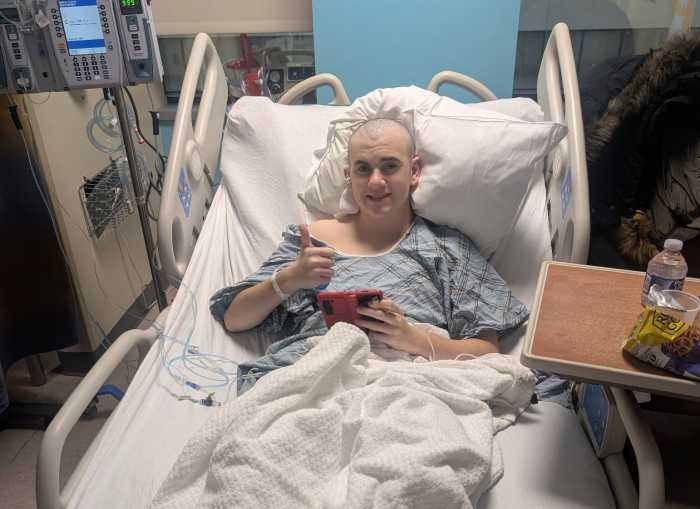As she approaches her one-year anniversary at the helm, Queens County Women’s Bar Association President Fay Parris has a message for the members of the organization that was founded in 1931 to advance the status of women in the legal profession and in society.
“Ninety years strong, our organization has engendered community engagement and collaboration to elevate awareness about a plethora of issues, including but not limited to: gender access to justice, civic engagement, reform of the judiciary, immigrants’ rights, health, education, mental wellness and economic empowerment,” Parris wrote. “We are indeed at the precipice of a new era, one that demands awareness of how we need to be safe and not isolated; one that requires commitment to zero tolerance for impunity, racism, bias and hatred in all their respective forms; and one in which every resident of our great borough and beyond is informed, equipped and empowered to collaborate and act for the benefit of all.”
Parris was sworn in as the organization’s leader in June 2021 by Queens Supreme Court Justice Marguerite Grays, a former president of the Queens County Women’s Bar Association.
Parris brought a unique perspective to the position with her experience as an immigration and international civil rights attorney.
“I understand that collaboration for the common good is essential both locally and globally and must be founded on principles enshrined in the Universal Declaration of Human Rights, adopted by the United Nations General Assembly on the 10th of December 1948,” Parris wrote. “Regarded as the International Bill of Rights, the result of a two-year negotiation process during a time where the world was divided between East and West, and translated into 500 languages, the Universal Declaration is the collective affirmation that fundamental human rights should be protected by the rule of law and rests on the ‘inherent dignity’ and ‘the equal and inalienable rights’ of all members of the human family.”
The theme of her first year as president was “our collective action for our collective good.” In collaboration with local, national and international stakeholders, QCWBA sought through programming, canvass best practices and core issues such as equal access to justice, reform the judiciary, immigrants’ rights, veterans’ affairs, economic empowerment, prison reform, diversity and inclusion. Elder care, education, mental wellness, protection of vulnerable populations and the elimination of gender-based violence.
“This endeavor resonates with the vastness of our multiculturalism,” she wrote. “Queens, the most ethnically and linguistically diverse community in the world, with 138 languages spoken on our soil, and having a population of 47% immigrants, is indeed a microcosm of the world. Our diversity informs our uniqueness and strength. Yet we do not exist in a vacuum and must strive to educate ourselves about best practices in communities across the globe. We need to see how issues are addressed, leaders are cultivated, communities are empowered, and the universal principles of justice are effectuated across the globe.”
Parris concluded by calling for feedback from QCWBA members on how to achieve a more empowered citizenry.
“In this endeavor, I look forward to hearing from all of you as valued members. I will be reaching out to see how QCWBA may best serve you professionally as well as highlight your initiatives, achievements and stories pertaining to social justice wins,” Parris wrote. “At QCWBA, we are inspired to hear new voices and cultivate future leaders. I trust together we, in our respective capacities, shall exercise the right to be heard and to partake in dynamic collaboration for the common good.”


































